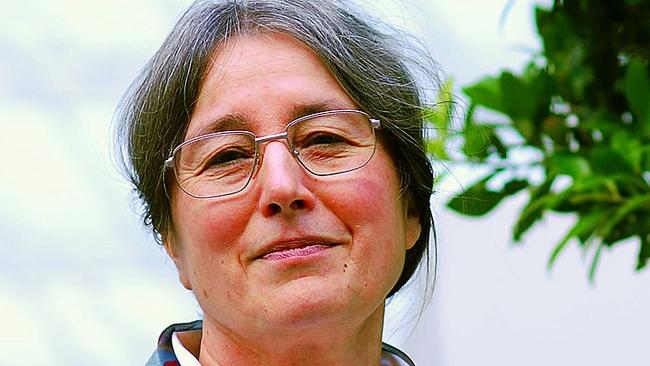Australian Population Research Institute survey reveals a third of Aussies are threatened by ‘moral guardians’
Progressive voters are trying to stifle debate on issues such as the Voice and immigration and are shaming those who disagree with them, research shows.
Victoria
Don't miss out on the headlines from Victoria. Followed categories will be added to My News.
A small but influential group of voters with highly “progressive” views are trying to silence other Australians who hold opposing beliefs on issues like immigration, the Indigenous Voice and transgender rights, says a new study.
The Australian Population Research Institute survey of more than 3000 voters identified 19 per cent of the sample as moral “guardians”, based on their view that people who raise doubts about high migration “usually are racist”.
These so-called guardians are mainly Labor or Green voting university graduates who are well off and disproportionately live in Canberra.
The survey found that about two-thirds of guardians support higher migrant intakes to increase ethnic diversity compared to only 20 per cent of the rest of the population.

A similar proportion of guardians back the Voice to Parliament and changing Australia Day compared to only a third of other voters, according to the survey done last September.
Asked if Australia faced an invasion like Ukraine has, 19 per cent of guardians said they would leave Australia, double that of other voters.
Report author and institute deputy head Katharine Betts said the survey revealed a third of Australian voters felt threatened by guardians, while 36 per cent – dubbed the fearless – did not feel threatened.
“While only 19 per cent of voters are guardians, their views are often expressed in the media,” she said.

“On immigration, population growth, growing ethnic diversity, transgender, and Indigenous matters, as well as readiness to defend their country, they are quite unlike other voters.” “Nevertheless, their role in keeping a lid on open debate is pervasive … their presence makes it hard for ordinary people to discuss (immigration) without fear of public shaming.”
Dr Betts said that unlike the “growth lobby”, guardians had no material stake in high immigration.
“Theirs is a moral position, not a material one,” she said.
“Because of this they are likely to see those who do not share their position as morally suspect, and to see their shaming as legitimate.”
Dr Betts said debate on immigration/population growth was also stifled by a “cone of silence” imposed by political elites, despite overwhelming mainstream concern about mass migration.
“The cynical answer is that the major parties depend too much on donations from developers and others affiliated with the growth lobby, those with a vested interest in population growth,” she said.
But Dr Betts said another reason could be MPs worrying about their post-politics future given the closure of a generous pension scheme in 2004.
She said former MPs applying for jobs or board positions at major companies and NGOs would be aware these organisations were “well-stocked with careful guardians”.




